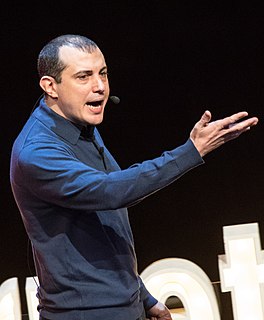A Quote by Fred Ehrsam
When the actual Bitcoin network launched in 2009, no one knew about it, and many of those who did thought it would surely fail. Just to make sure the thing worked, the scripting language in Bitcoin was intentionally extremely restrictive.
Related Quotes
Well, bitcoin is a currency. Bitcoin has no underlying rate of return. You know, bonds have an interest coupon. Stocks have earnings and dividends. Gold has nothing, and bitcoin has nothing. There is nothing to support the bitcoin except the hope that you will sell it to somebody for more than you paid for it.
































